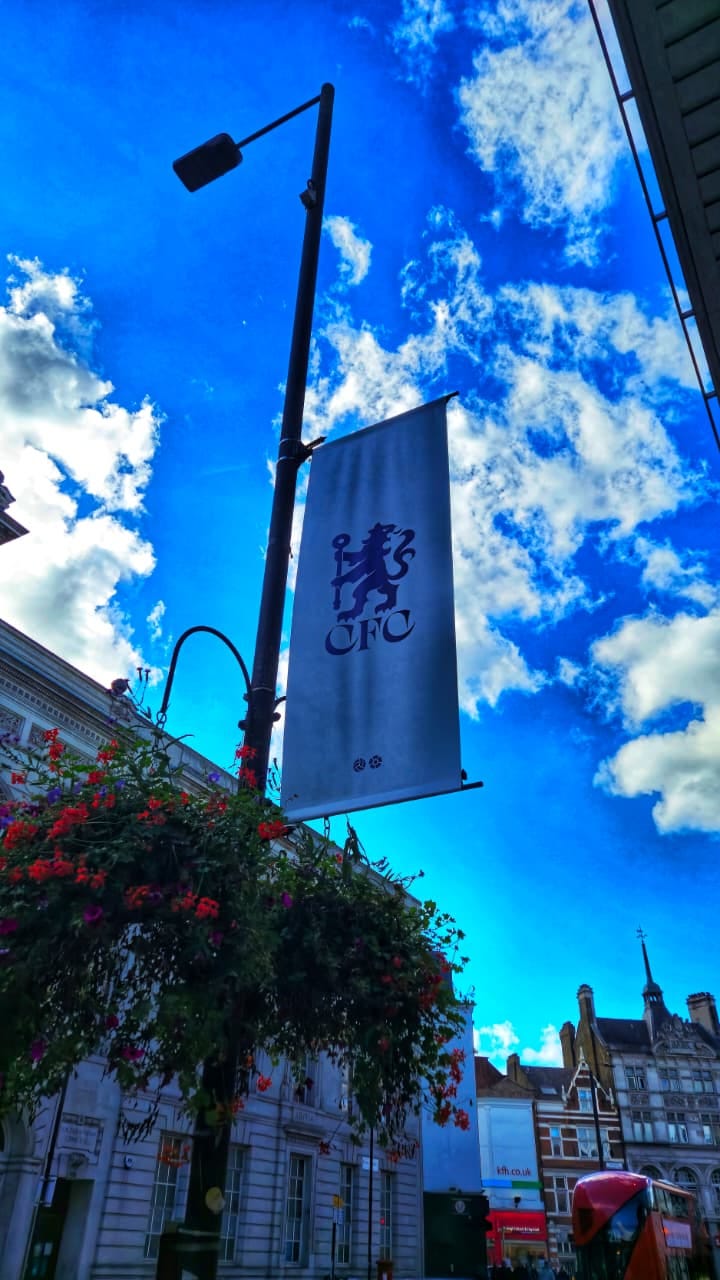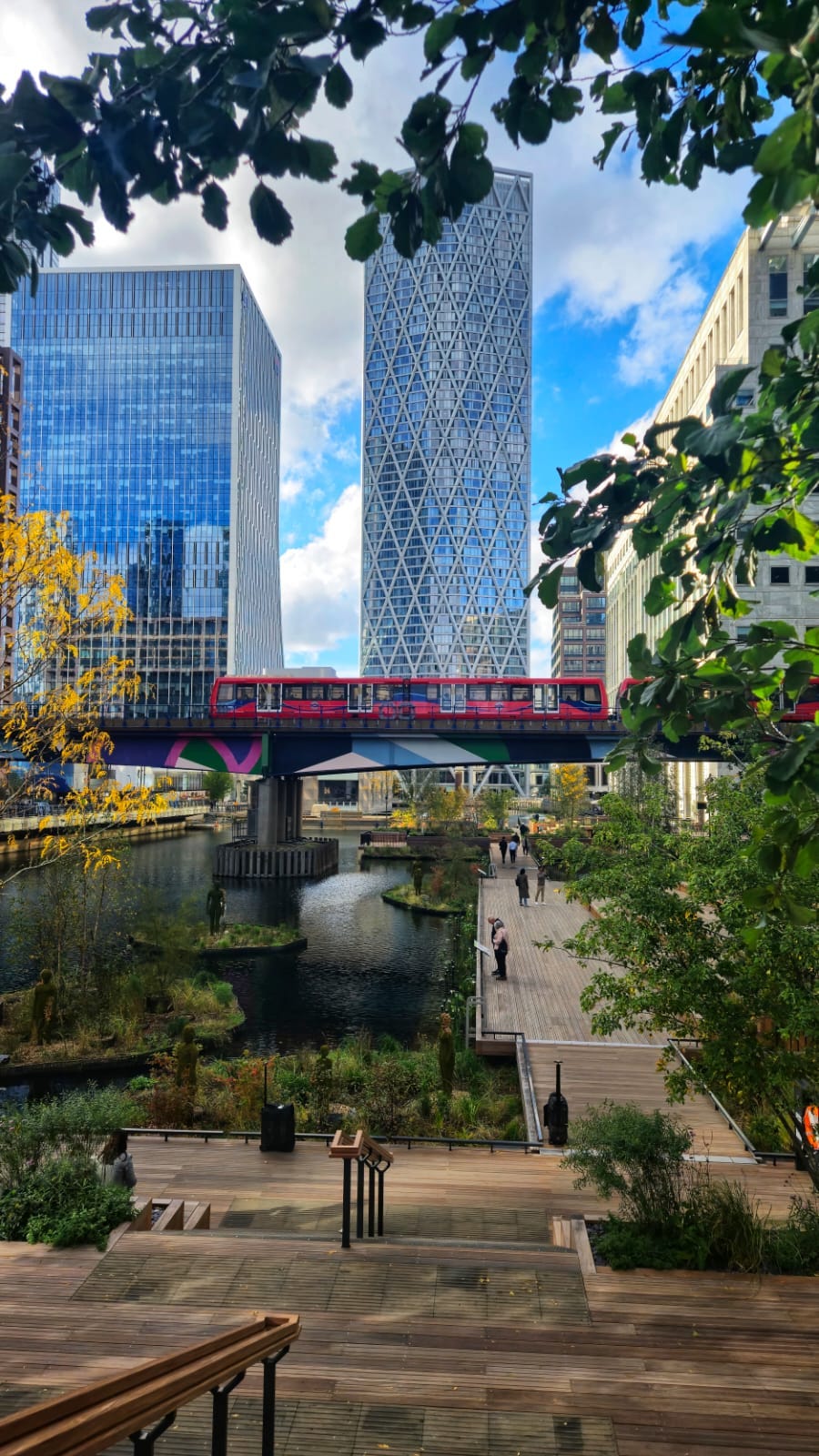Between Queues, Rain, and football
A Year in London
I have this odd belief that to really experience a city, you need to do something far removed from the tourist trail. Like getting a haircut. Not at a fancy salon, but at a regular neighborhood barber, the kind where no one cares that you are just passing through. For reasons I can’t quite explain, I have ended up doing this in most places I’ve traveled. It has become a strange little ritual, even if I am not entirely sure what it has taught me.
Fortunately, I had the luxury of spending a year in London. That was long enough to pick up more than just a few barbershop anecdotes. A year lets you stop feeling like a tourist and start noticing the quirks, the small irritations and unexpected charms that make the city what it is.
Here are some impressions I gathered along the way.
Talking about the sky here is not small talk; it’s cultural commentary. Clouds, sun, rain, repeat. Sometimes all within the same afternoon. Conversations about “how it feels warmer than what it is” start to feel like live reporting. I used to think it was funny, but over time, I get it. The weather really does shape your day here more than you expect.
The second thing that was obvious to me was that it is nearly impossible to get bored in this city. Step out of Tottenham Court Road station and walk one way to Covent Garden, where street performers fill the corners. Go the other way and you’ll stumble onto Cecil Court, a narrow lane lined entirely with bookshops. Keep going and you’re in Chinatown or Soho, where pubs spill onto the pavement and every one of them feels like it deserves a visit. Then there are the art galleries, the parks, and the stages where plays come to life. From Devil Wears Prada to Shakespeare. Don’t even get me started on football.
Because the city is so walkable, you don’t even need to plan; you simply bump into things. Unfortunately, what you don’t bump into is affordability. London is expensive in a way that sneaks up on you. Rent and housing prices are obvious enough, but it’s the daily erosion that gets you. Groceries, dine outs, the Tube. The small costs stack quickly, and eventually you find yourself recalculating what “value” even means.
An interesting paradox is that while London is as international as any city on earth, it is also unmistakably British. On the Tube you hear five languages within three stops, and you can eat your way across continents without leaving a single neighborhood. And yet the dry humor, the love of queues, the pub rituals, all of it still forms the spine of daily life. Some locals quietly fear that this rhythm is under threat, that the global tide will wash it away. Maybe they are right, but in my year here, it felt pretty intact.
Part of London’s charm is also how easily the old and the new sit side by side. Wimbledon still has its legendary queue, people camping out for tickets, even as the tournament moves ahead with changes like removing line judges. Canary Wharf is all glass towers and corporate energy, but a few stops away you find buildings that look untouched for centuries. It isn’t a battle between eras so much as a coexistence.
And then there is the question of what is the hub of the city. You think the center is Oxford Circus until you wander east and find it might be Shoreditch. Richmond feels like a different town, Mayfair and Ilford could be two separate worlds altogether. Most big cities could claim the same, but here the contrasts feel starker, more unapologetic.
Of course, there is overcrowding, and there is crime. From phone snatches to pickpockets to even knife crime, London has its share. Like most big cities, you need to be smart. Or rather, not stupid. I cannot compare it to what London was a decade ago, but the general consensus is that it has worsened. Social media may amplify it, but there is rarely smoke without fire.
The job market is very crowded, and sometimes you sense the tension, especially if you’re an outsider, whether a student, an immigrant, or simply someone who doesn’t look like the default. It’s not hostility so much as the quiet feeling that you are stepping into someone else’s long-running story, and they aren’t sure if there’s space for you. But that’s part of what a city is. You may start on the edges, unsure if there’s space for you, but slowly you may carve out small rituals that tether you to it. A favorite café, a quiet corner. Maybe even a barbershop.
I’m back home now, but there’s a lot to learn from London and even more to miss. Being called “love” or “darling” while ordering a hot chocolate definitely beats “sir.” I’ll give you that.


